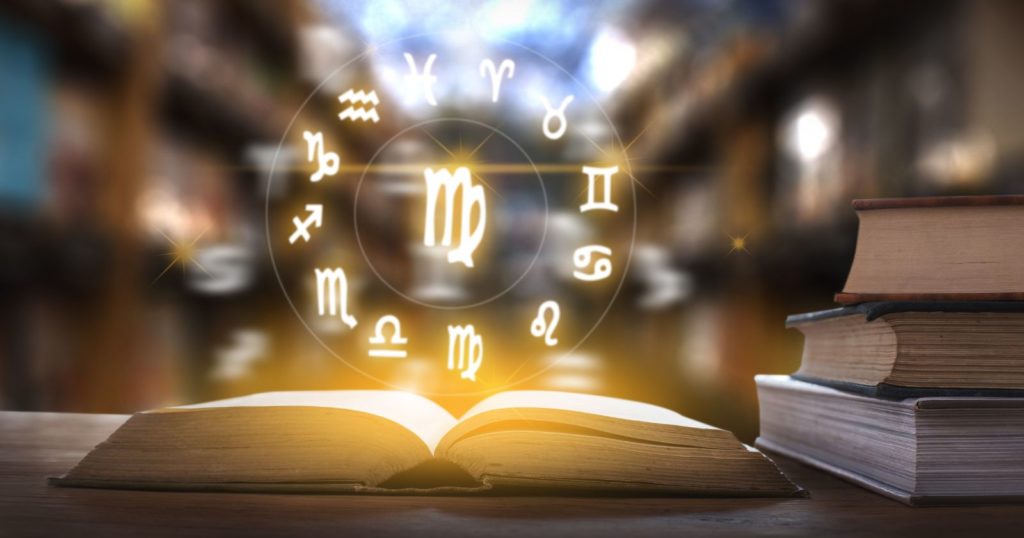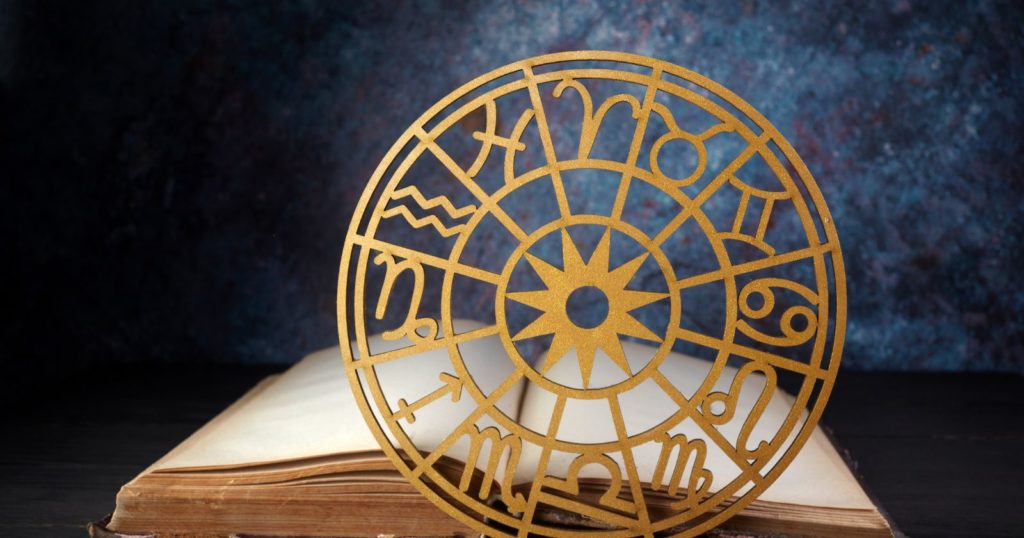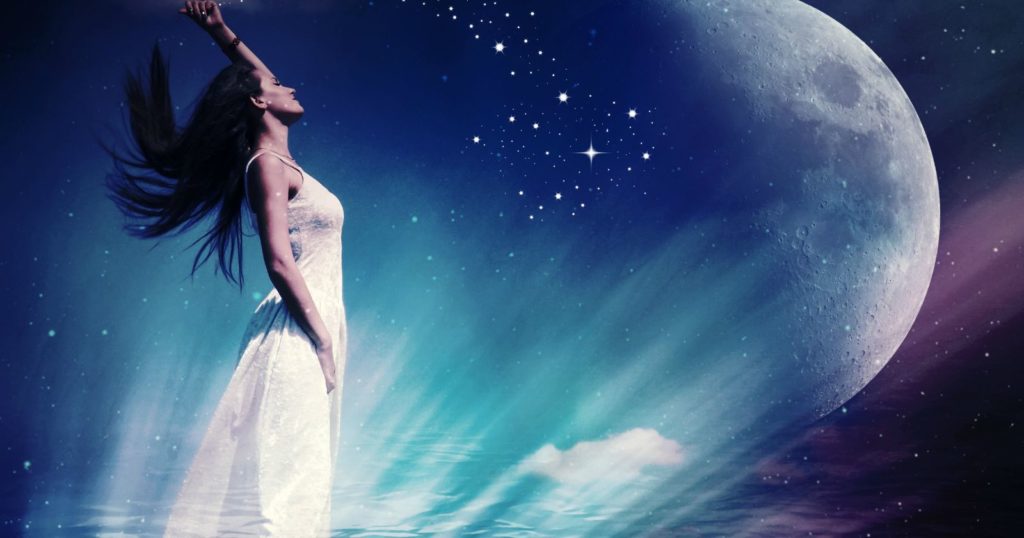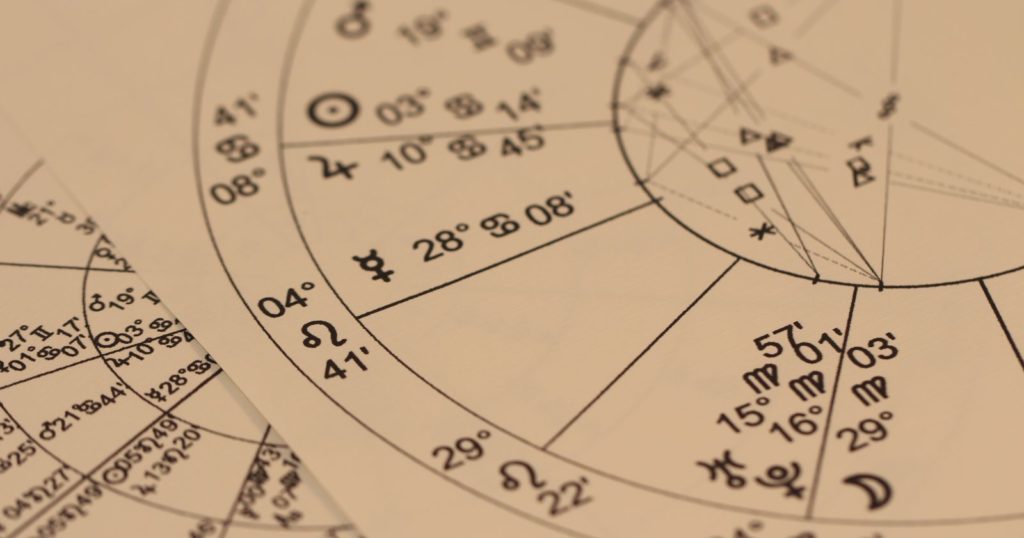The Allure of the Stars: Why We Believe in Horoscopes
Human fascination with the stars and planets is as old as civilization itself. Ancient societies, from the Babylonians to the Mayans, all had their unique forms of astrology. The horoscope – a prediction of a person’s future based on the relative positions of celestial bodies at their time of birth – is a modern embodiment of this fascination. But how much truth is there in the astrological charts?
A considerable part of the appeal of horoscopes comes from our inherent desire for answers and direction. Uncertainty about the future can be unsettling. When people are anxious or stressed, they are more likely to turn to horoscopes to seek guidance and reassurance.
This belief in horoscopes is not solely an act of desperation. Research, including a study by Dr. Garry Chapman, a cognitive psychologist at the University of California, Berkeley, shows that the human mind is predisposed to finding patterns and making connections, even where none exist. This phenomenon, known as apophenia, could explain why we are so drawn to the intricate symbolism and cosmic patterns of horoscopes.
Moreover, a significant part of astrology’s charm lies in the Forer effect, or the Barnum effect, named after the psychologist Bertram R. Forer. The Forer effect refers to the tendency for people to perceive vague, general statements as highly accurate for them personally, even when they are applicable to a wide range of people. This explains why horoscope readings, which are often broad and ambiguous, can seem spot-on.
However, belief and truth are two different entities. For something to be considered “true,” it needs to be consistent, reliable, and verifiable. So, let’s dig deeper and explore the consistency and reliability of horoscopes.
Analyzing Astrological Accuracy: How Reliable Are Horoscopes?
When it comes to establishing the truth of horoscopes, the conversation often becomes a tug-of-war between believers and skeptics. Objective evaluations of horoscope accuracy have produced varied results, mostly tipping towards skepticism.
One well-known experiment was conducted by French statistician Michel Gauquelin in the 1950s. He asked a group of people whether they felt their personality matched their astrological sign’s traits. The majority said yes, but Gauquelin had given them a horoscope that corresponded to a different sign, revealing how easily people can be misled by vague descriptions.
In another noteworthy study, Shawn Carlson, a physicist at Lawrence Berkeley National Laboratory, published his findings in the renowned journal Nature in 1985. He set out to test whether astrologers could match a person’s astrological birth chart to their personality profile better than chance. The conclusion was clear: astrologers performed no better than random chance.
Moreover, the principle of constancy is a basic requirement for any theory to be considered scientific. In other words, under the same circumstances, the same cause must always produce the same effect. However, astrology does not meet this standard. For example, twins, who share the same birth chart, often have vastly different personalities and life trajectories, contradicting the core principle of horoscope predictions.
Therefore, in terms of scientific validation and consistency, horoscopes fall short. But does this mean they hold no value at all? Not necessarily. The truth of horoscopes might not lie in their predictive accuracy but rather in their psychological and cultural significance.
A Psychological Lens: The Power of Horoscopes on the Mind
From a psychological perspective, horoscopes can influence our behavior, perceptions, and decision-making. They have been shown to have a placebo effect, giving individuals a sense of control over their lives. Belief in horoscopes may provide comfort, reducing anxiety about the future and enhancing a sense of purpose and meaning.
In 1982, psychologist Graham Tyson explored the reasons why people consult astrologers and found that under times of stress, astrology could provide a coping mechanism. People feeling high levels of tension, confusion, or self-doubt found solace and clarity through horoscope predictions.
This aligns with the theory of ‘self-fulfilling prophecy’ where people unconsciously align their actions with the predicted behavior, making the horoscope prediction come true.
Moreover, a study published in the Personality and Social Psychology Bulletin in 2005 demonstrated the impact of “astrological stereotype priming.” Participants who were subtly reminded of their astrological sign, and its associated traits, behaved more in line with those traits, proving that horoscopes could shape behavior through cognitive biases.
This psychological impact doesn’t necessarily validate the accuracy of horoscopes, but it does underline their potential power and significance in our lives.
Cultural Impact and the Personal Connection: The Role of Horoscopes in Society
Culturally, horoscopes have a profound influence. They form a bridge between science and spirituality, providing a framework for individuals to connect with the universe on a deeply personal level. Astrology is steeped in symbolism and mythology, offering a rich narrative that resonates with many.
In a world often dominated by hard data and tangible evidence, horoscopes provide a counterpoint. They remind us of the mysteries that science is yet to unravel, encouraging introspection and contemplation. They offer a lens through which to view our lives, behavior, and relationships, promoting self-awareness and growth.
Even in an age of technological advancement, horoscopes continue to flourish. They have adapted to the digital era, with horoscope apps and websites gaining popularity. Their continued relevance speaks volumes about their cultural significance and the innate human desire to seek meaning in the cosmos.
To dismiss horoscopes as mere superstition overlooks their intricate ties with human psyche and culture. Whether or not horoscopes can predict the future may be up for debate, but their impact on the human mind and society is undeniable.
The 8 key insights
- The Human Inclination towards Pattern Recognition: Humans are wired to see patterns, a phenomenon known as apophenia. This predisposition can make the complex symbolism of horoscopes appealing.
- The Power of the Forer (or Barnum) Effect: This psychological principle explains why generic horoscope descriptions can seem personally accurate, as people tend to interpret vague statements as specifically relevant to them.
- The Question of Astrological Accuracy: Experiments and studies, like those conducted by Michel Gauquelin and Shawn Carlson, have shown that horoscope predictions often do not hold up to empirical scrutiny.
- The Lack of Scientific Constancy: Astrology doesn’t fulfill the criterion of constancy, a fundamental principle in science. The same astrological conditions (e.g., for twins) don’t always lead to the same outcomes.
- Horoscopes as Psychological Tools: Horoscopes can act as coping mechanisms during stressful times and offer a sense of control and direction, akin to a placebo effect.
- The Self-fulfilling Prophecy Factor: Predictions in horoscopes can lead to behavior changes that make the predictions come true, a phenomenon known as a self-fulfilling prophecy.
- Astrological Stereotype Priming: The subtle reminder of one’s astrological traits can actually influence behavior to align with those traits, as shown in a study published in the Personality and Social Psychology Bulletin.
- Cultural Significance of Horoscopes: Despite their scientific ambiguity, horoscopes have a vast cultural impact. They form a bridge between science and spirituality, encourage introspection, and have adapted to fit into the digital era, reflecting their ongoing relevance.
Wrapping Up: The Intricate Truth of Horoscopes
So, are horoscopes true? The answer isn’t as straightforward as it might seem. From a scientific standpoint, horoscopes lack empirical evidence to support their predictive accuracy. Yet, their psychological influence and cultural significance add another dimension to their “truth.”
Horoscopes may not accurately forecast our future, but they certainly hold a mirror to our inner psyche, acting as tools of self-reflection and introspection. They form a common cultural thread, connecting us to the cosmos and to each other, fostering a sense of unity and shared experience.
In the grand cosmic dance of celestial bodies, we may not find concrete predictions, but we can certainly find a deeper understanding of ourselves and the world around us.
Resources:
- Chapman, G. P. (2006). The psychology of superstition: An integrative approach. Journal of the History of the Behavioral Sciences, 42(4), 371-388.
- Tyson, G. (1982). An Astrological Assessment of Cognitive Deficiencies. Personality and Individual Differences, 3(2), 227-236.
- Gauquelin, M. (1955). L’influence des astres. Éditions du Dauphin.




